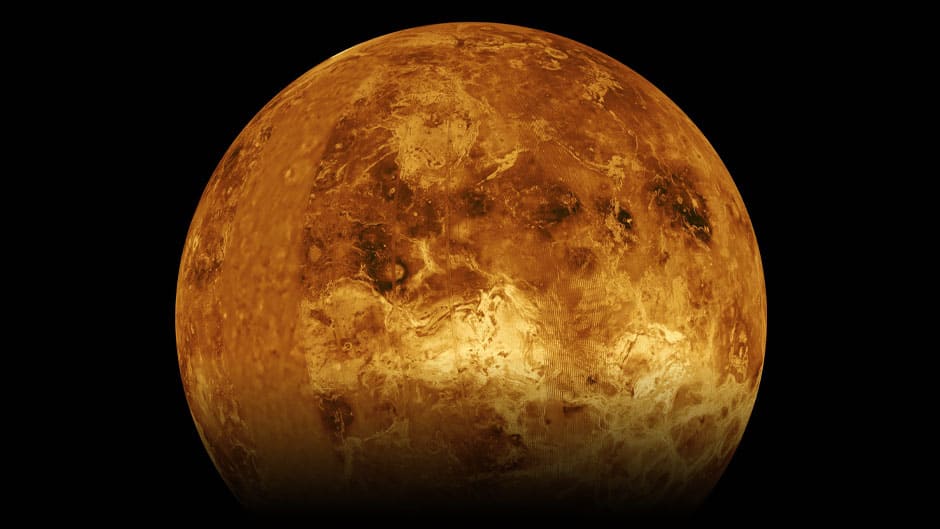
There has been no mission to the second planet in the solar system for over 30 years

NASA issued a press release on June 2 to officially present two missions to Venus, Davinci + and Veritas. They are planned for the period 2028-2030 and should allow us to learn more about Venus, designated by NASA as the closest planet to Earth.
Venus, near and yet unrecognized
To learn more about Venus is to learn more about exoplanets and the Earth itself, says NASA. With these two missions the aim of the agency is to understand, “how Venus became an infernal world when she possesses so many other characteristics similar to ours – and that she was perhaps the first habitable world. Of the solar system, with an ocean and a climate similar to that of the Earth”.
Thomas Zurbuchen, NASA Associate Administrator for Science, welcomed the inauguration of a ” new decade of Venus.” The last mission to explore the planet by NASA dates from 1989 and from the Magellan probe.
Davinci + and Veritas have great scientific ambitions. Tom Wagner, a scientist with NASA’s Discovery program, noted that it was “amazing how little we know about Venus.” Davinci + and Véritas, developed with an envelope of 500 million dollars each, will be complementary to dispel the fog that remains around the planet, “the combined results of these missions will provide us with information on the planet, from the clouds in its sky to its core, passing through the volcanoes on its surface, ”enthuses Tom Wagner.
2020, space decade?
Concretely, Véritas must study the geological history of the planet and create a 3D reproduction of its topography from orbit. It will also have to determine whether plate tectonics and its volcanoes are still active. Finally, it will have to say if they release water vapor into the atmosphere. Small cocorico, the French National Center for Space Studies will contribute to several elements of the mission, including its radar, with the Italian Space Agency. The German Aerospace Center will provide infrared mapping.
Davinci + will try to penetrate the opaque atmosphere of the planet. A “sphere of descent” will plunge into it to measure the composition of this greenhouse, understand the formation of this world, determine if it ever had an ocean on its surface.
On the sidelines of the announcements concerning Venus, Bill Nelson, the administrator of NASA, gave an update on the Artemis-1 mission, the first mission of the program for the return of the United States to the Moon. He confirmed they should launch the mission within the year. The decade of 2020 definitely seems to be the decade when all eyes are on the stars once again.
